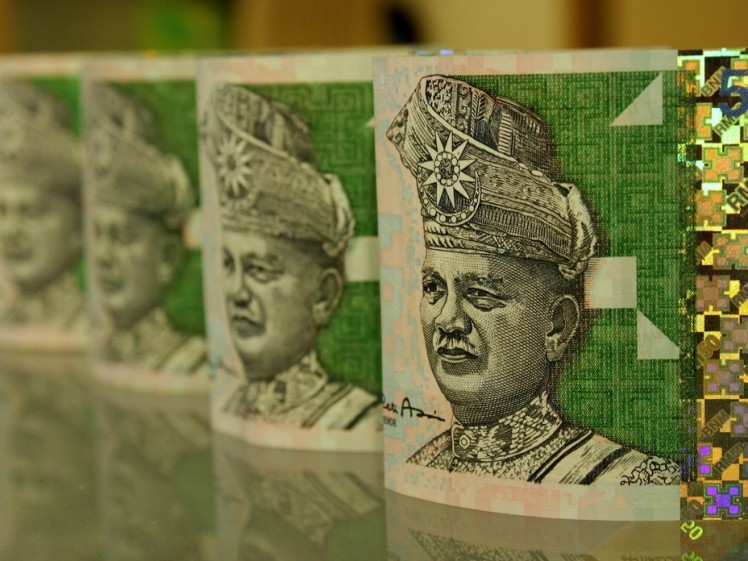
Photo credit: stardex / Foter / CC BY-NC-SA
For expats living on foreign salaries, pensions, or other offshore income, the significant weakening of the ringgit is probably good news, at least in the short term. For those paid in the local currency, it is decidely less so. The ringgit is now back to where it was when it was pegged to the US dollar by then-Prime Minister Mahathir in 1998 during the Asian Financial Crisis.
The decision to peg it to the dollar followed its rapid decline from around RM2.50 per dollar to below RM4.00 at one point. In September 1998, the controversial decision was made to peg it to the dollar at RM3.80. This move was widely criticized by many experts but ultimately proved to be a smart decision and, contrary to projections, had a positive impact on the economy. The International Monetary Fund eventually praised Malaysia’s subsequent economic performance and admitted it was wrong to oppose pegging the currency to the dollar.
The ringgit stayed pegged until 2005, at which time it was allowed to float against a basket of currencies. Subsequently, it strengthened and hovered between RM3.00 and RM3.20 to the dollar. However, it has now been steadily falling for months, and for the first time since the Asian Financial Crisis, dipped below the 3.80 mark against the US dollar. For the first half of 2015, the ringgit has been Asia’s worst-performing currency.
There are a number of reasons attributed to the declining value of the ringgit, not least the fact that the US dollar has gained against most currencies. Low oil prices, falling foreign exchange reserves, and inflationary pressures following the implementation of GST have also been contributing factors. More recently, the controversy surrounding 1MDB has also been blamed. The ringgit is not expected to strengthen significantly in the near term.
Read This: Tourist Arrivals Down, Shopping Spending Up
Source: The Expat magazine August 2015
"ExpatGo welcomes and encourages comments, input, and divergent opinions. However, we kindly request that you use suitable language in your comments, and refrain from any sort of personal attack, hate speech, or disparaging rhetoric. Comments not in line with this are subject to removal from the site. "




















Not surprising at all. I fully expected it when the nation is governed by incompetent n irresponsible braggers.
Hmmmm
Great, I get paid in USD more ringgit for me next pay cheque ?
its golden mine fr those who wrk in spore!
And that’s despite the bank spending millions over the last few weeks supporting the ringgit.
Derma
@ber
@b
Nk strengthen cmna, fundamental jahnam.
Malaysia was one of the richest country in SE Asia in the 1970 s. 40 years later , Singapore is one of the richest country in the world. Indonesia is up n coming. Thailand is expected to be the next develope country in SE Asia. Burma n Vietnam is developing. Malaysia seems to be going the other way…..
Thanks to those who contributed 2 the situation.
Yes for tourists and expats on UK/euro or US pensions life is great. I was paid in ringit and saw the rate go from 4.80 to 5.96 for the GBP with commitments in the UK it forced me back home. The global oil crisis is good and bad, cheapest fuel prices I have seen in the UK for years! However I miss the sunshine and roti canai.
I miss cheap shopping trips and Fat Boys!
Definitely since the greenback is so strong , USD is strengthen against all currencies across the globe how can RM be exempted???
Yep, this is stated in the post: “There are a number of reasons attributed to the declining value of the ringgit, not least the fact that the US dollar has gained against most currencies.”